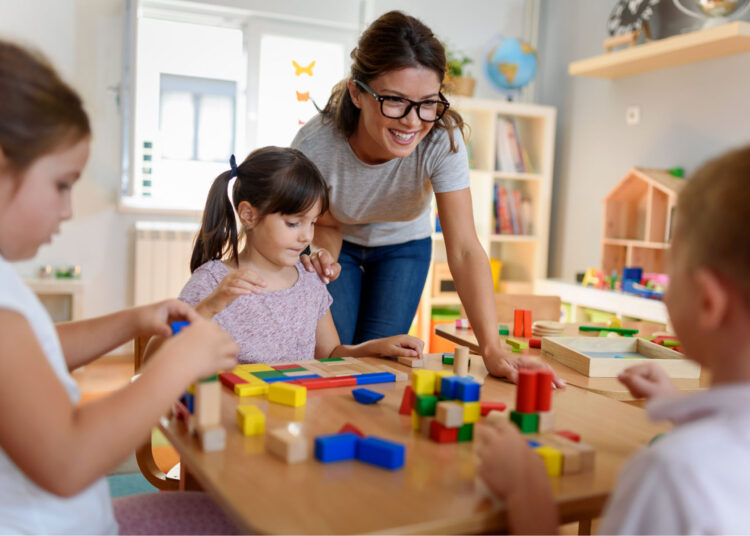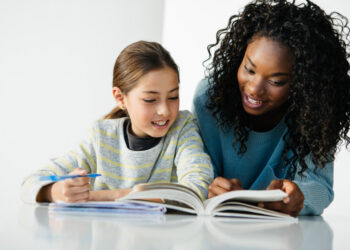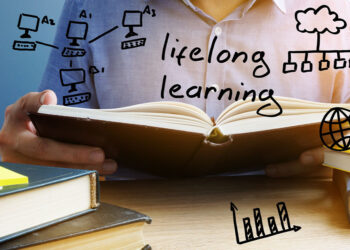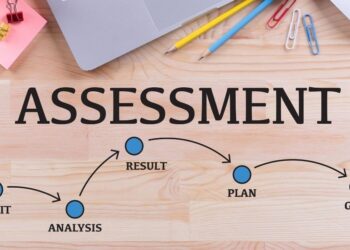The Magic of Play: Building Blocks for Kindergarten Success
Discover how the power of play can unlock your child’s potential and pave the way for a successful kindergarten experience.
1. The Undeniable Power of Play in Early Development
Did you know that the first six years of a child’s life are crucial for brain development? A whopping 90% of brain development happens before the age of six, making early childhood education incredibly important. Recent studies in the U.S. highlight the irreplaceable role of play in nurturing essential skills during this period.
2. Twenty Minutes a Day: A Playful Prescription for Success
Imagine just 20 minutes of planned, targeted play each day. For 3- to 5-year-olds, this small investment can yield big results, effectively supporting the development of core skills like self-regulation, focus, and emotional management. It’s like planting seeds that blossom into crucial abilities.
3. Executive Functions and Social Skills: The Keys to Kindergarten Readiness
What makes a child ready for kindergarten? Research points to executive functions and social skills as key indicators. These aren’t innate talents; they can be cultivated through quality play-based learning. Think of play as a training ground where children learn to navigate social situations and hone their cognitive abilities.
4. Social-Emotional Skills: The Foundation for Classroom Adaptation
A survey of 700 kindergarten teachers and students revealed a fascinating insight: over 70% of children with better social-emotional skills adapt more easily to the classroom environment. Play-based learning isn’t just about academics; it’s about fostering the social and emotional intelligence that allows children to thrive in a classroom setting.
5. The Trend Towards Playful Learning
The overall trend in the U.S. is clear: promote systematic, engaging play to build the cognitive and social foundations for a solid transition to elementary school. It’s about recognizing that learning can be fun, and that play is not just recreation, but a powerful tool for development.
Play-Based Learning Unpacked: Nurturing Young Minds through Fun
Discover how play-based learning is revolutionizing early childhood education in the United States, setting the stage for lifelong success.
1. The Critical Window of Early Development
Did you know that the majority of a child’s brain development happens before they even turn six? This is why play-based learning is so crucial. It’s not just about fun and games; it’s about laying the groundwork for cognitive, social, and emotional growth during this critical period. Educators across the U.S. increasingly recognize play as a fundamental component of kindergarten readiness, shaping well-rounded individuals prepared for future academic challenges.
2. Holistic Skill Development Through Play
Play-based learning isn’t just about one skill—it’s a comprehensive approach. Think of it as a toolbox filled with essential skills: curiosity, language acquisition, problem-solving, emotional regulation, and cooperation. By integrating these elements into daily activities, children develop a well-rounded skill set that prepares them for academic and social success. It’s about creating a joyful learning environment where children thrive.
3. The Link Between Play and Academic Success
The skills children develop through play have a surprisingly strong impact on their future academic performance. Self-regulation, honed through playful activities, is a key predictor of later academic achievement. Similarly, social competence, fostered by playing with peers, directly correlates with classroom engagement and overall school success. It’s fascinating how these seemingly simple interactions can have such profound long-term effects.
4. Implementing Play-Based Learning Effectively
U.S. educators highlight the importance of creating play-based activities that are both planned and flexible. This ensures that each child’s developmental needs are met. Even short, daily sessions of around 20 minutes can yield significant benefits across all areas of readiness. The key is to strike a balance between structured learning objectives and the freedom for children to explore and discover at their own pace.
Crafting Social Skills in Preschoolers: The Power of Interactive Play
Discover how interactive play shapes vital social skills in preschoolers, setting the stage for kindergarten readiness and beyond.
1. The Social Playground
Recent studies emphasize the pivotal role of interactive play in the social development of preschoolers. Educators are recognizing that activities like role-playing, group games, and storytelling aren’t just fun—they’re crucial for building essential skills. These play-based activities provide structured environments where children can practice empathy, cooperation, teamwork, and communication, laying a solid foundation for their future social interactions.
2. Activities and Skill Development
Different play activities uniquely contribute to various social skills. Role-playing encourages empathy and cooperation, while group games foster teamwork and sharing. Even activities like puzzles and blocks can enhance cooperation and negotiation skills.
| Activity | Social Skill Developed |
|---|---|
| Role-playing | Empathy, Cooperation |
| Group games | Teamwork, Sharing |
| Puzzles and blocks | Cooperation, Negotiation |
| Storytelling | Empathy, Communication |
Data source: Number Analytics “Nurturing Social Skills in Early Years” June 2025
3. Modeling and Support
The studies suggest that the impact of interactive play is amplified when educators actively model positive social behaviors. Creating supportive environments where children experience sharing and conflict resolution firsthand is also key. By guiding children through these experiences, educators can help them internalize important social skills.
4. Innovative Interventions
Innovative approaches, such as music therapy and educational robotics, are demonstrating significant improvements in emotional regulation and peer interaction, even for children with autism or ADHD. These interventions highlight the broad applicability of interactive play in diverse early childhood settings across the United States. The findings further underscore the importance of integrating varied play-based strategies into early childhood education to strengthen developmental foundations and essential social skills.













